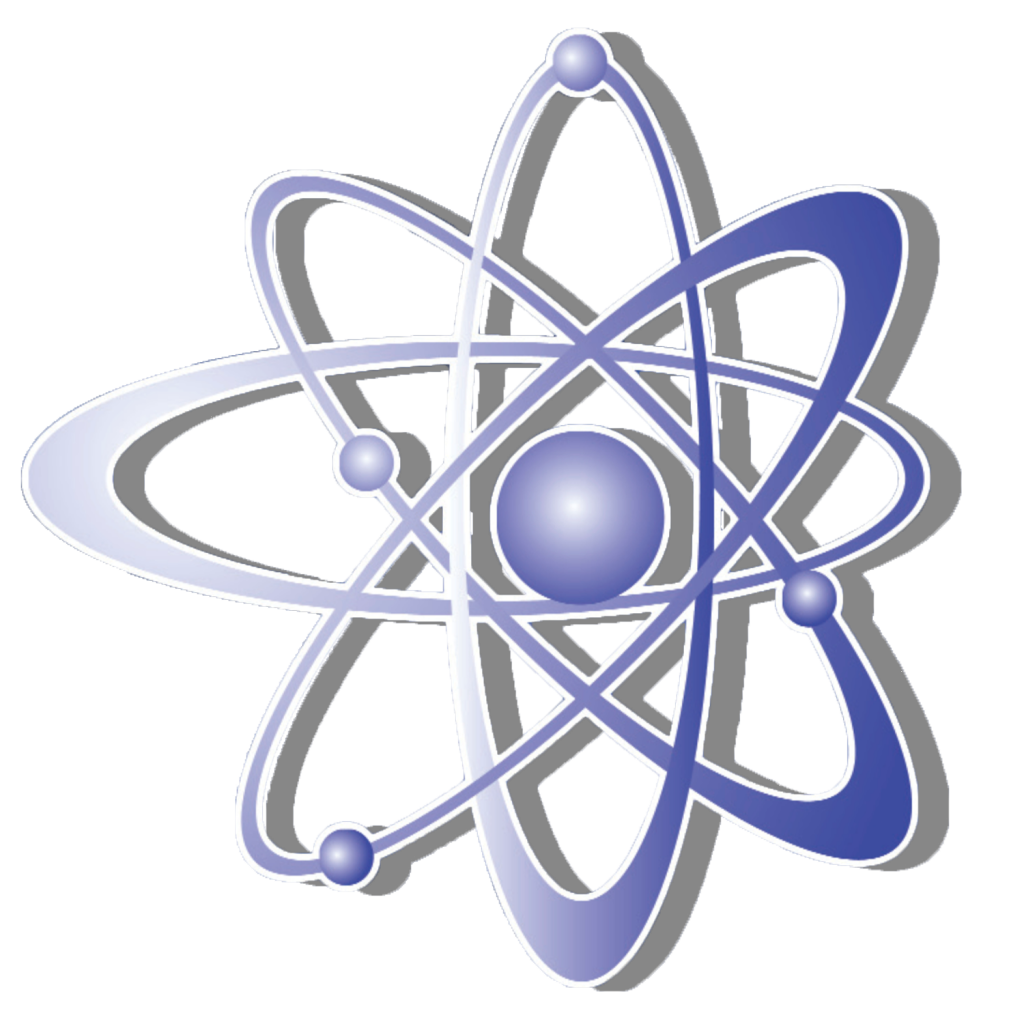 Joint briefing of the Deputy Prime Minister - Minister of Culture Vyacheslav Kyrylenka, Minister of Education and Science Serhiy Kvit, director of the Institute of Philosophy named after H.S. Skovorody Myroslav Popovych, rector of Kyiv National University named after T.G. Leonid Guberskyi Shevchenko and the director of the Institute of History of Ukraine of the National Academy of Sciences, Valery Smoliya, cooled the passions that recently flared up in the academic community regarding the order of the Ministry of Education and Culture to cancel the mandatory study of humanitarian disciplines in Ukrainian higher education institutions.
Joint briefing of the Deputy Prime Minister - Minister of Culture Vyacheslav Kyrylenka, Minister of Education and Science Serhiy Kvit, director of the Institute of Philosophy named after H.S. Skovorody Myroslav Popovych, rector of Kyiv National University named after T.G. Leonid Guberskyi Shevchenko and the director of the Institute of History of Ukraine of the National Academy of Sciences, Valery Smoliya, cooled the passions that recently flared up in the academic community regarding the order of the Ministry of Education and Culture to cancel the mandatory study of humanitarian disciplines in Ukrainian higher education institutions.
The initiator of the meeting at which the decision of the Ministry of Education and Culture was discussed was Vice-Prime Minister of Culture Vyacheslav Kyrylenko. According to the results of the meeting, its participants agreed that "philosophical, historical and other Ukrainian studies disciplines should be preserved in higher education, and the number of hours for their teaching should be increased. All legal conflicts that arose in connection with the adoption of the new Law of Ukraine "On Higher Education" will be resolved by drafting and publishing an order of the Ministry of Education and Science, which will contain all the necessary recommendations to autonomous universities regarding the preservation of the teaching of history, philosophy, and the history of Ukrainian culture ".
The Minister of Education and Science, Serhiy Kvit, commenting on the reason that led to the appearance of an open letter to the leadership of the Ministry of Education and Culture regarding the cancellation of the mandatory study of philosophical and humanities disciplines in Ukrainian universities, noted that "the public's concern about the teaching of the disciplines of the humanitarian bloc arose during the introduction of university autonomy , at a time when the higher educational institution itself decides which subjects are mandatory." He promised to provide universities with recommendations on how to organize the educational process for the transition period, stressing that according to the new Law on Higher Education, the principle of subject selectivity has been introduced, because it is 25% disciplines that will be chosen by students, and they themselves will shape the trajectory of their studies.



